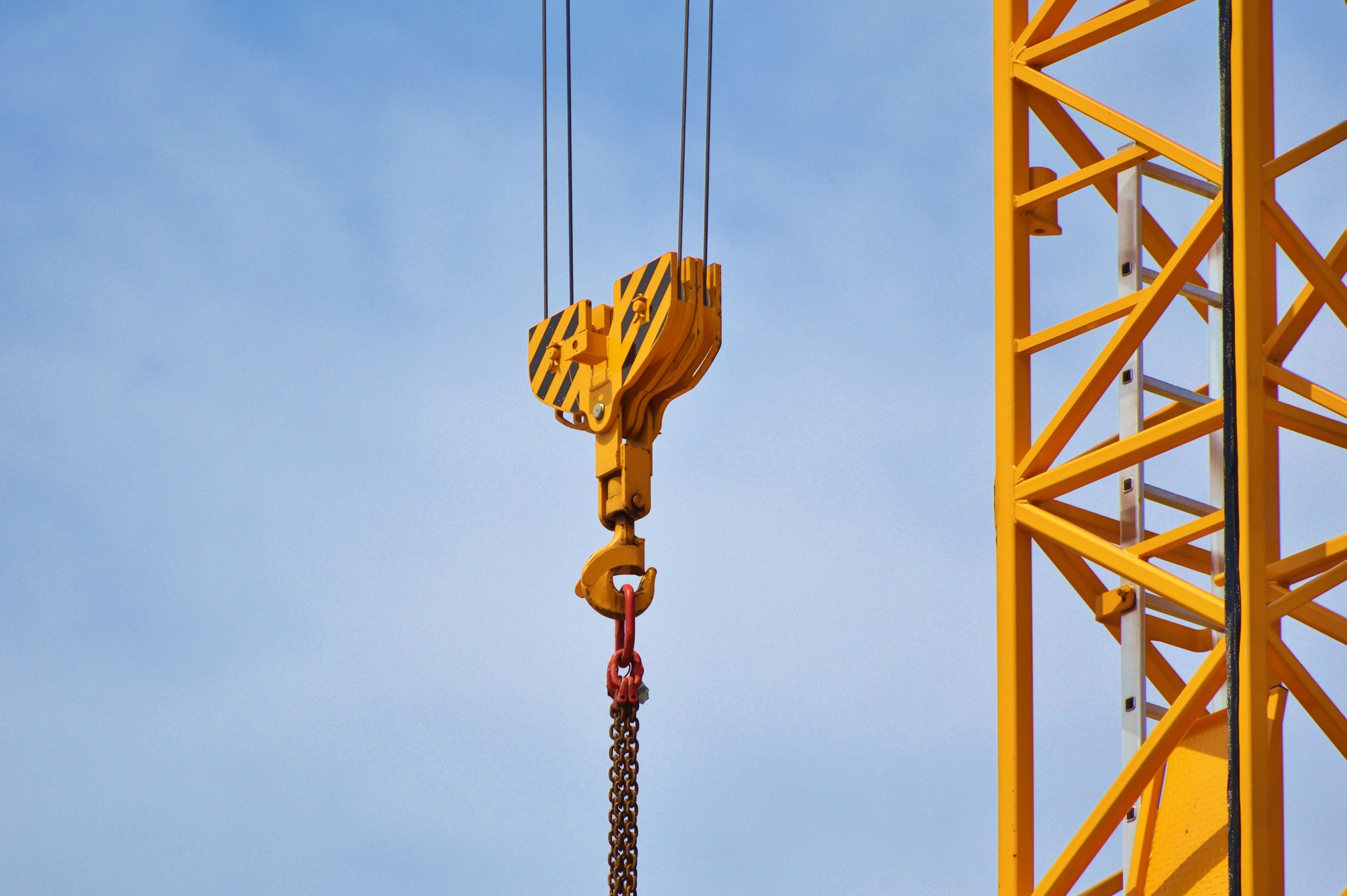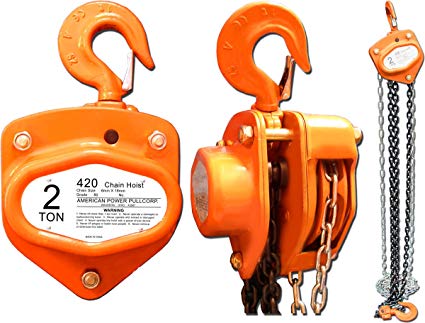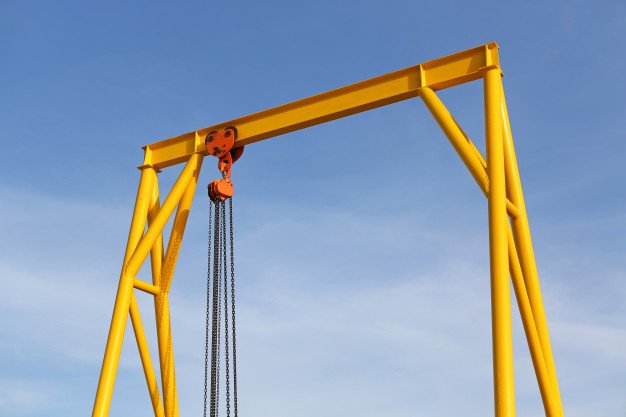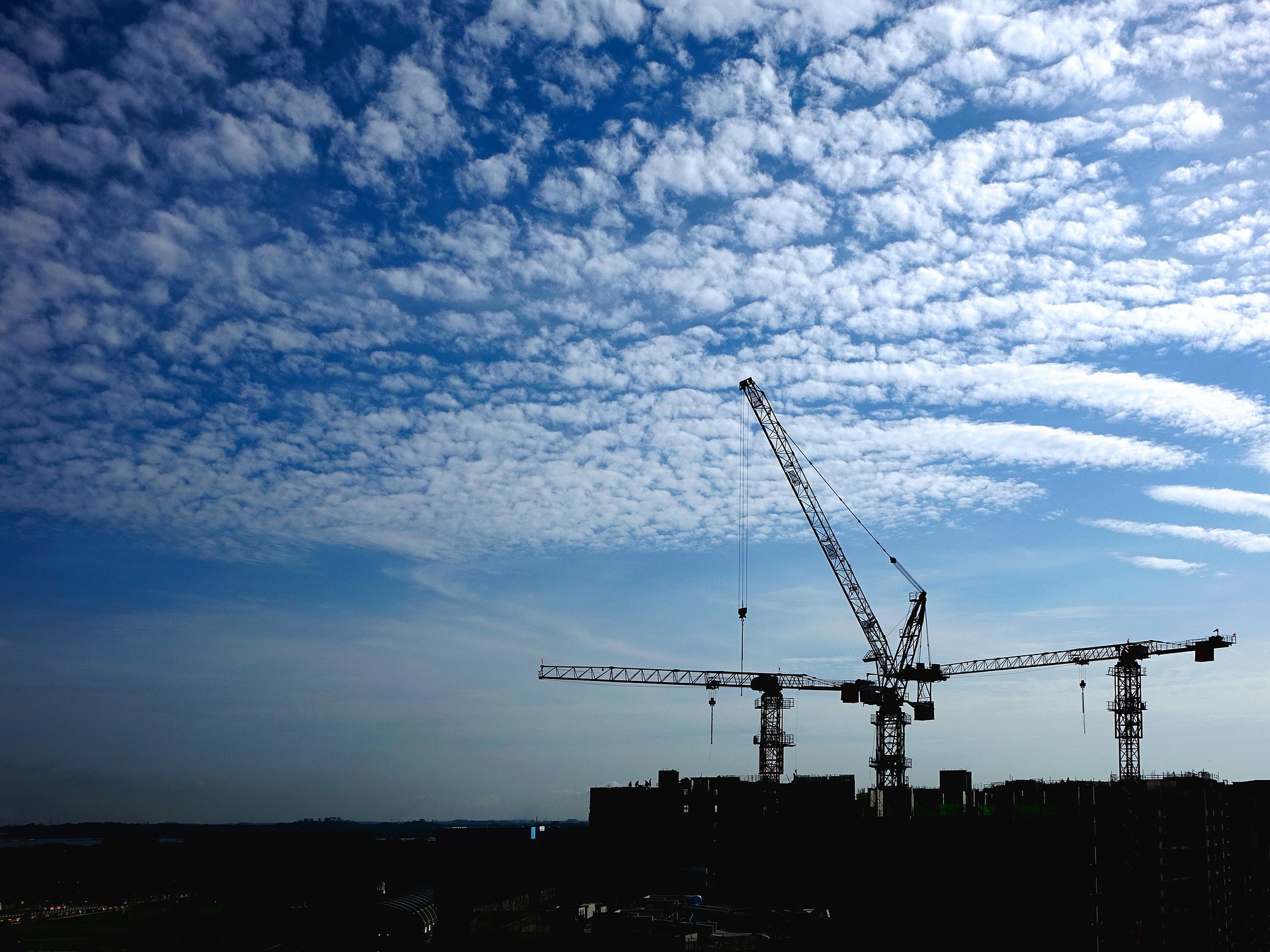Why put people’s lives at risk if you don’t have to? That’s a question all handymen, construction managers, and site workers should ask themselves.
With so many solutions available in today’s market, your options to safeguard a crew are endless. What is one of the most popular safety features in today’s market? With good reason, you’ll find chain blocks on many work sites.
Yes, this is a device designed to assist in heavy lifting. But we’re mentioning this in relation to safety too: the more pressure modern tools can handle, the less chance there is of workers getting injured.
So, this is how you increase productivity as well as keep your crew safe. Ready to know more?
What is a Chain Block?
Chain blocks (also known as a hand chain hoist) is a mechanism used to lift and lower heavy loads using a chain. When the chain is pulled, it winds around the wheels and begins to lift the item that is attached to the rope or chain via a hook.
How Does it Work?
At the end of the lifting chain is a grab hook. This allows a worker to easily attach and detach a load. Also, most chain hoist lifting mechanisms have ratchets or braking systems that prevent the loads from slipping back. It also allows you to lower a load by pulling the other side of the hand chain.
You can see the increased control a site worker can have in a situation with one of these forms part of the equipment that’s available. Increased control affects productivity and safety.
So what can you expect from the average chain blocks?
Specs and Description:
- 500kg – 2000kg working load limit
- All steel construction
- Suitable for industrial environments where dependability is a must
- Weatherproof twin pawl brake
- The Weston style two pawl brake is designed to hold the load during the operation
- Industrial grade powder coating which provides a long-lasting finish designed to suit harsh environments
- Zinc plated hand chain for a durable finish
- Fully enclosed gearing protects the gears from debris and contamination
Respected suppliers provide chain blocks complete with Grade 80 alloy chain and forged alloy steel hooks. You should also look for quality suppliers who provide a large range of chain blocks to suit your needs. Each construction scenario is unique, so make sure your equipment caters for your needs.
Why Use Chain Blocks? Benefits You Need to Know:
When you purchase the right types, chain hoists can positively affect most aspects of your project:
- Cost: A chain hoist will have a lower price point than an electric wire rope hoist. This does mean the capacity won’t be as high, but it will still offer you much more than a manual hoist.
- Flexibility: A chain hoist is usually easier to move than a wire rope hoist, meaning it can be transported between sites. This can be a great advantage for construction professionals who work in various locations.
- Vertical lifting: You can easily achieve a vertical lift. There is no lateral movement, as the chain is moved over a sprocket.
- Diverse application: Chain Hoists can be used with a wide range of lifting equipment, including jib cranes and gantries. They can be used in low headroom areas, allowing you more flexibility with your specifications.
Unique Features:
Understanding this range of equipment is essential to optimize your use of them. Are you benefiting from these features yet?
- Chain containers: This is the collection box that collects up excess slack on the chain, preventing the chain from getting damaged and stopping it damaging the load.
- Limit switches: An upper and lower limit switch will let you set minimum & maximum hook paths. It protects the load from human error when lifting it or placing it down. This will also protect the hoist itself when lifting a heavy load.
There’s a reason there are many types of chain hoists on the market. Each has its own benefits, so don’t ignore the ones you haven’t tried. Even though manual types may require more effort than electric hoists, they still come with many benefits.
Manual Chain Hoist Advantages:
While manual chain hoists won’t lift quite as fast and effortlessly as electric hoists, there are many advantages:
- They don’t require any electricity or power source. This makes them much more portable compared to electric hoists so you can have the benefit of a hoist on remote work sites.
- They’re more cost-efficient compared to electric or hydraulic hoists. Not only do electric hoists cost more initially, but they also raise electricity bills.
- The simple design of manual hoists makes it easier to repair and maintain. No complex motors, wires, or electrical/hydraulic systems.
- Although electric chain hoists can lift heavier loads, manual hoists can still have working load limits (WLL) up to 20 tons. As long as what you’re lifting is below that, there’s no reason not to opt for a manual hoist.
You can pick from two main styles of manual chain hoists: hand hoists and lever hoists.
Conclusion:
Are you up to date with the latest in construction equipment? It’s how you become more efficient and manage a safe work environment.
If you have questions or feedback, please share your comment on our page or tweet about your personal view and experience about chain blocks. Let’s learn from each other.
























